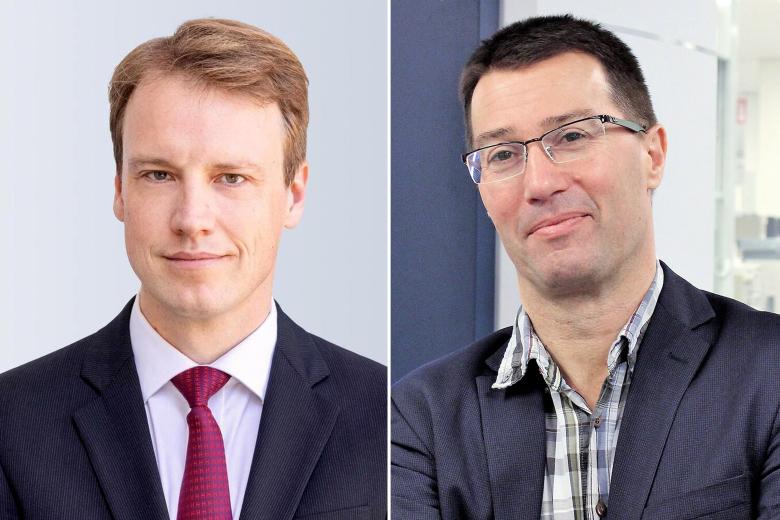“You have to want the best for one another in the EU”
“I wasn’t sure about taking part in this series, as my research mainly focuses on primary and secondary education and the EU leaves that to the individual member states. The EU doesn’t meddle in everything. But I’m very enthusiastic about European cooperation; as a child I gave a talk on the EEC at school. For me European cooperation represents a childhood dream that has largely come true; the dream that things would be better if countries did them together. Of course we’ll never know what would have happened in those 28 countries if they hadn’t joined forces, but I think the EU has brought great benefits for all of them."
When I was little, Spain and Greece were still dictatorships. Membership of the EU has provided them with huge amounts of economic support. I think it’s great, a continent coming together to help tackle one another’s problems. You can now calculate in the tenths of a percent how much trade the Netherlands will lose due to Brexit, but that’s not what the EU is about. The question is: what do we want to achieve together?
Travelling, paying for things, making phone calls, working; it’s all become much easier within EU borders. This has benefits for individuals, but especially for businesses. The world has become much more open, which I see as great progress. I find it enriching, having all those international students here.
When I heard the outcome of the Brexit referendum, I was very happy. The EU is a union of countries that want to achieve something together and the Brits have never really felt at home in it. They were always having trouble with its policies, demanding exceptions, and thus standing in the way of progress. I also see it as a nice experiment that they’ve voluntarily signed up for. If the UK now flourishes, then my theory – that it’s partly thanks to the EU that things are going so well in Europe – is wrong. You have to want the best for one another, feel a sense of solidarity.
"Of course there are problems. The way Europe is currently dealing with migrants isn’t going to win us any prizes. But would the member states have done any better if there were no EU? I doubt it. And I’m extremely happy with the euro, even if there are occasionally problems; the monetary economists around here know all about that. But, well, if you had stuck to all their recommendations at the time, it probably would have been politically unfeasible. You have to just take the plunge and see where you end up. Then you can change course if you need to.
And of course the sheer size of the EU means it sometimes overshoots the mark in terms of red tape. But that’s what you get when a system has to work for both the Dutch and the Greeks. Sometimes I do find it terribly annoying. I once had an EU research grant and the organisers of a conference took us to a museum. Without thinking, I declared the ticket in my expenses. It was only worth one euro, but it ended up costing us at least five hundred euros’ worth of hassle with the EU, because I wasn’t supposed to have declared it. That one euro was keeping a whole system busy.
I thought it was only right that the EU won the Nobel Peace Prize. Europe was constantly at loggerheads, but things have gone remarkably well since the end of the Second World War. There’s still a lot of room for improvement, and yet I feel we’ve achieved a great deal. Things may not look so rosy right now – we’re still a bit stunned by Brexit – but it does create the conditions to set things back on the right course. It’s not the most celebratory moment, but it’s certainly worth celebrating.”
Also read
-
Vote for UM Professor Gera Nagelhout as Vrouw in de Media
The Limburg jury of the Vrouw in de Media Award has selected UM professor Gera Nagelhout (CAPHRI) as a nominee for the Vrouw in de Media Award 2025. The award highlights women who, over the past year, have been notably and impactfully visible in the media as experts.
-
Two UM professors appointed member of Royal Holland Society of Sciences and Humanities
The Koninklijke Hollandsche Maatschappij der Wetenschappen (KHMW; Royal Holland Society of Sciences and Humanities) is the oldest learned society in the Netherlands.
-
Heated tobacco products also harmful to health
NUTRIM researcher Alex Remels explains in Dutch consumer TV programme Kassa how heated tobacco products are not a safe alternative to cigarettes.